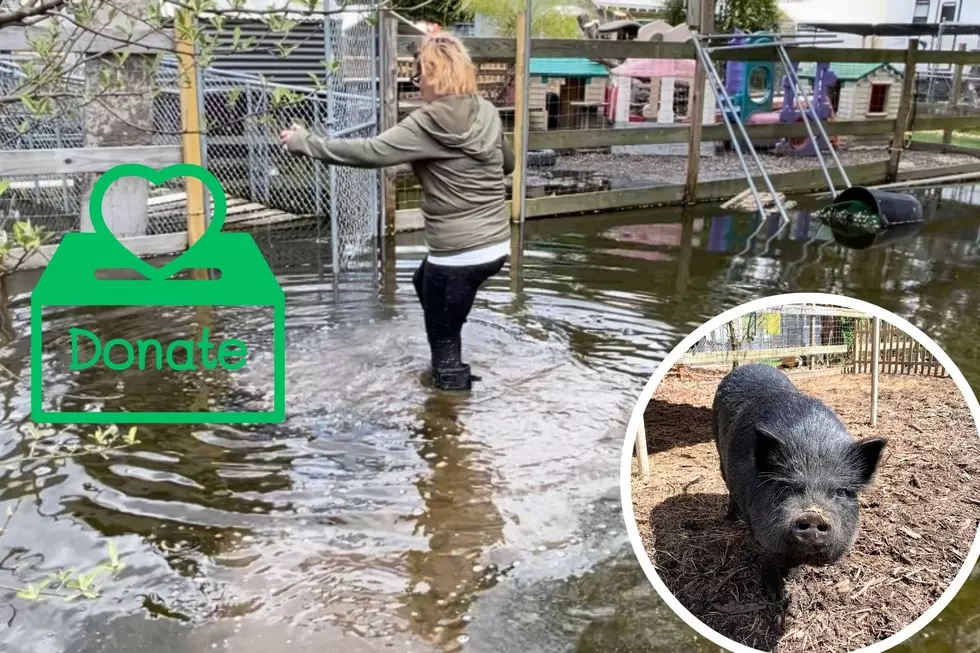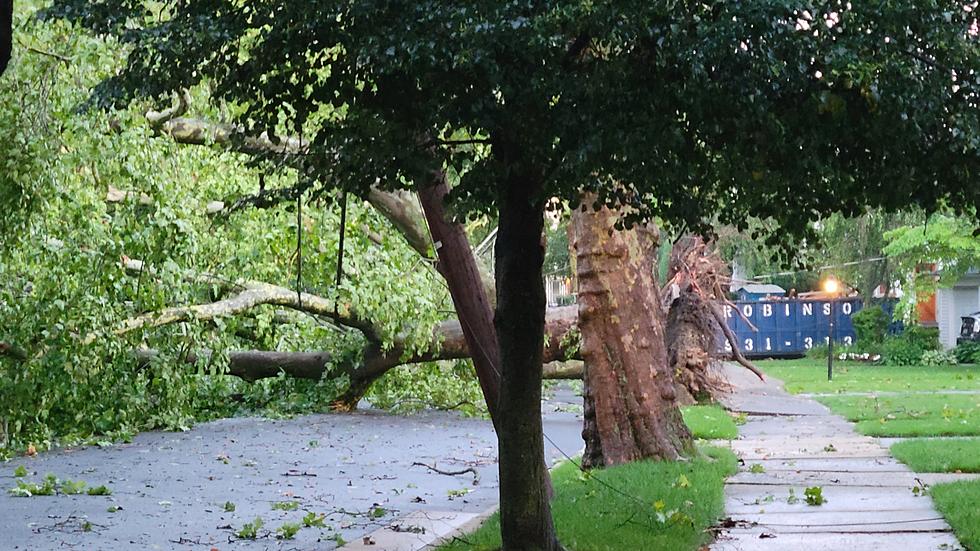
How Flooding Affects Your Lung Health
Our hearts go out to the victims of the hurricane and flooding in Texas and surrounding areas. In addition to the obvious ways floods can be dangerous, it may also put lung health ask risk due to sewage and chemicals in the water. After the flood waters recede, mold. If you are worried about your family’s lung health and have questions, call 1-800-LUNGUSA to talk to American Lung Association health professionals.
Here are four ways to reduce your risk to the health of your lungs before and after a flood.
- 1
Identify Vulnerable Family Members
Identify children, older adults and anyone with chronic lung diseases like asthma or COPD (emphysema and chronic bronchitis), and do your best to limit their exposure to the clean-up process. Protect workers with N-95 mask (available at hardware stores), disposable gloves and goggles.
- 2
Clean and Discard
Clean what you can, and discard the rest. Materials that can be cleaned must be cleaned with water and detergent, and dried thoroughly. Avoid using bleach which can make it hard to breathe if indoor areas are not well ventilated. Remove everything that has been soaked by water and are damaged beyond use, as they may harbor mold or dangerous toxins from the flood waters.
- 3
Turn off Electricity
Turn off the electricity and gas at the main location during clean-up. In addition, do not use portable gasoline- or diesel-powered generators, power washers, grills, camp stoves or other gasoline, propane or charcoal-burning equipment and other devices inside. These produce carbon monoxide that can kill occupants if it builds up indoors.
- 4
Avoid Water Damaged Materials
Trace the pathways of the water to find where damage has spread. Contain the water-damaged materials and furnishings and protect your family's exposure to them, as they may contain toxins from the flood waters or mold.
More From SoJO 104.9 FM










